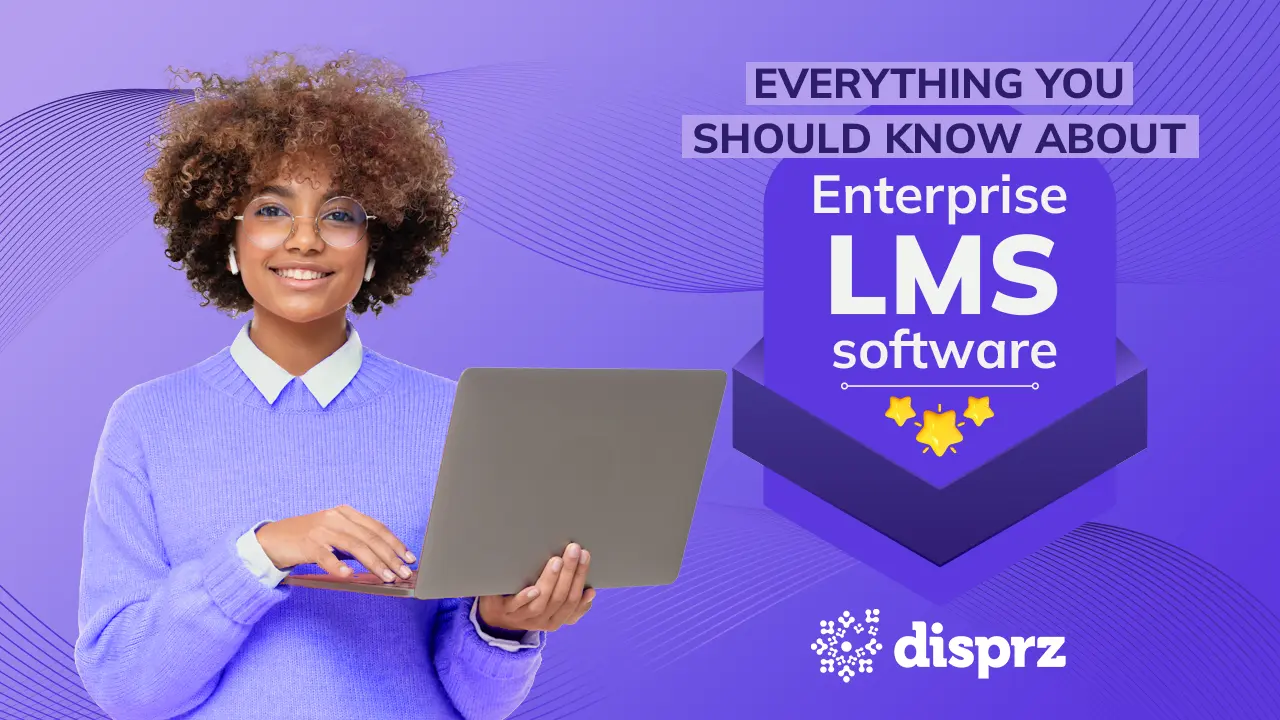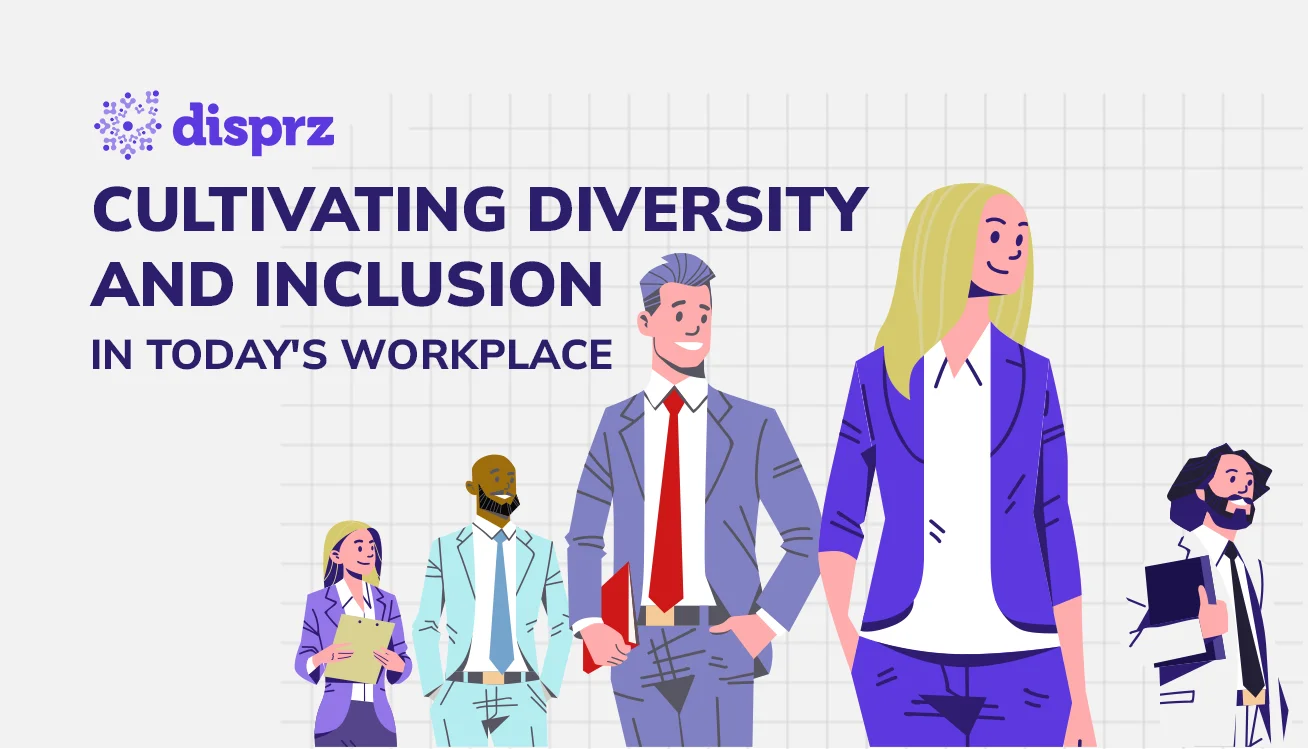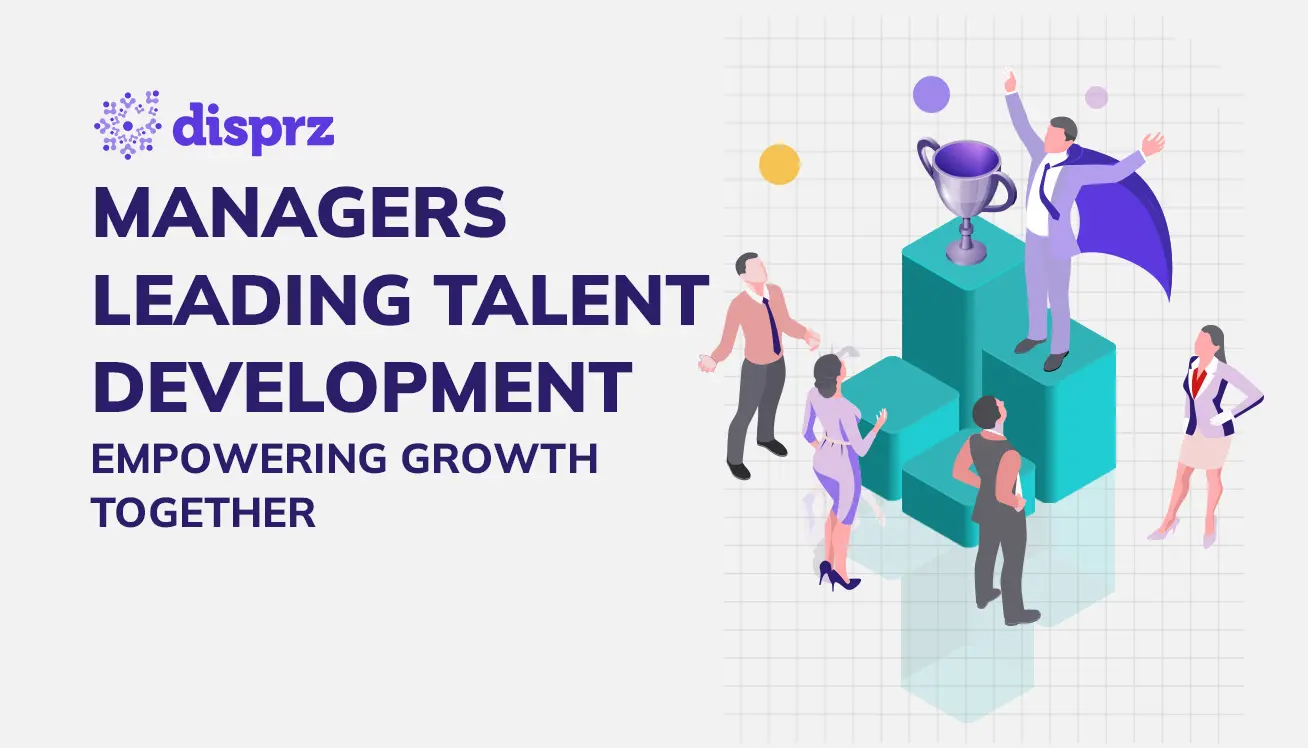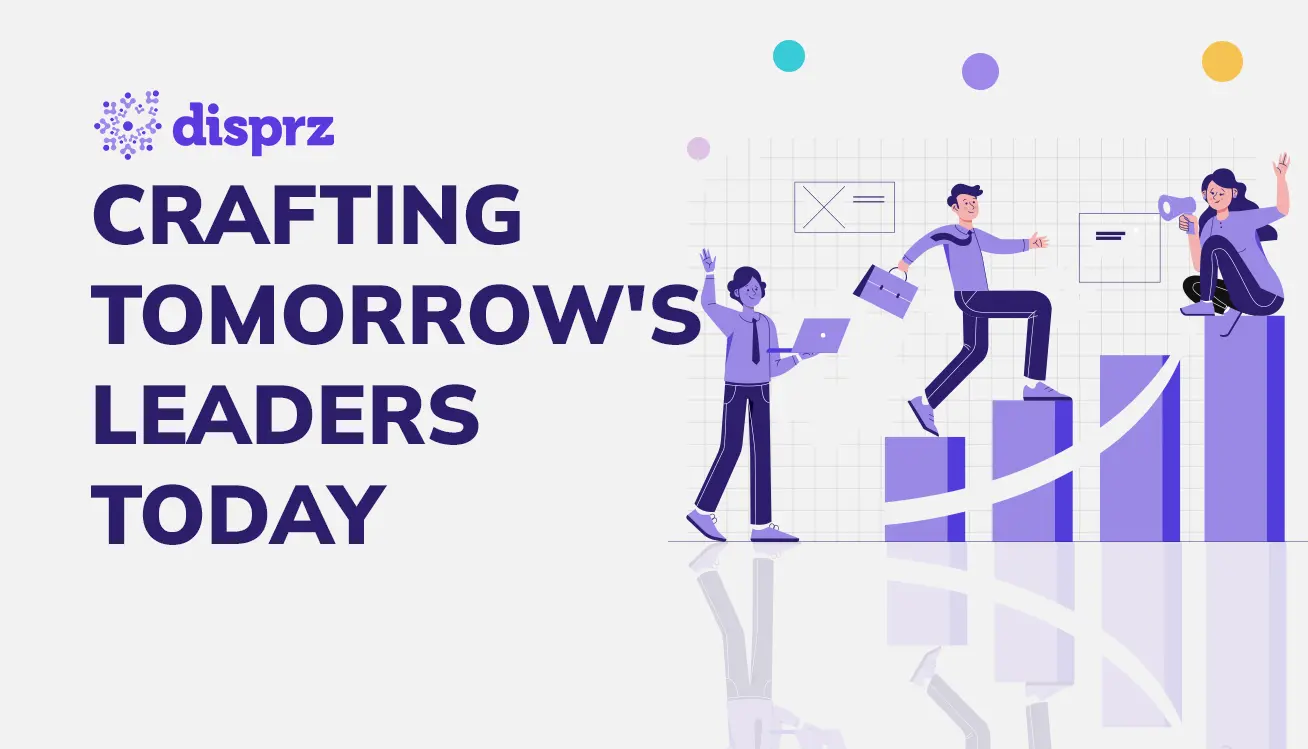
6 min read
• 13 Oct 2023
Skill-Based Learning Frameworks Outperforms Competency-Based Methods In The Modern Job Market
Discover the benefits of transitioning from a competency-based framework to a skill-based learning approach.
-
eBookEmployee Upskilling - A Detailed Blueprint For Building A Skills-Driven Learning Culture
Competency frameworks date back to the 1970s wherein they helped businesses build robust talent management strategies when the world was more predictable and analogue. Competency frameworks no longer meet the demands of today’s dynamic digital environment, it’s time for a change despite continued use by some companies in hiring and employee development. It’s time to bring about a change.
Reliance on competency models constrains the agility and data-driven approach of Learning and Development (L&D) professionals. The truth is that these models were not created to accommodate rapidly changing economic dynamics. The silver lining to this problem is skill-based learning that offers solutions to the challenges posed by recent economics.
L&D leaders today struggle to attract, retain and upskill their employees effectively, due to increasing competition and rapidly changing technology. Adopting a skill-based learning approach offers a unified system that guarantees that the workforce is aligned, capable, effective, adaptable, efficient, and motivated. This shift moves away from traditional methods of managing employees and overseeing job duties and instead focuses on dynamically managing and nurturing the constantly evolving skills and work.
Limitations Of Competency Frameworks
Competency development frameworks have a prominent flaw that hinders their use and effectiveness.. As per a survey, 69% of organizations shared that a competency-based approach to learning and development is ineffective and insufficient.
Enlisted here are the shortcomings of competency-based frameworks:
- Inflexibility: The framework is rigid and doesn’t accommodate the requirements of each role in an organization.
- Oversimplification: Competencies may not fully capture the complexity and nuances of an individual’s skills and abilities.
- Time-consuming: Developing and maintaining a comprehensive competency model is time-consuming compared to skill-based approach for an L&D professional.
- Limited scope: The purview of this framework is narrow, solely focusing on specific knowledge, abilities, and skills while disregarding other crucial aspects such as values, attitudes, and behaviours. For instance, assessing a financial analyst for promotion with this framework is only based on technical skills, overlooking the ability to work under pressure, handle ambiguity, and make quick decisions. This leads to the advancement of an individual without these vital skills.
- Difficulty in measuring: Measuring and evaluating an individual’s competencies can be challenging, as there may be subjectivity in determining the level of competency.
- Resistance to change: It’s often met with pushback from employees and managers who see it as rigid and a mere formality.
Difference Between Skill & Competency-Based Frameworks
Misconceptions about skills and competencies methods are widespread, with many confusing the two terms. But a fundamental difference between the two is that Competency-based frameworks can be inadequate in identifying the source of an employee’s performance challenges, lacking the specificity to differentiate between, for example, a communication skills issue or a product knowledge gap.
A skill-based learning offers a more precise, tailored approach to employee development by breaking down abilities into specific skills, such as active listening and conflict resolution. This enables easier identification of improvement areas and more targeted training, making it a more effective method compared to competency-based frameworks.
Keeping that in mind a lot of companies today are choosing a skill based learning framework. In a recent interaction with Disprz, a leading retailer, Marks and Spencer Reliance India Pvt Ltd’s CHRO Smitha Satyanarayan emphasizes how shifting from competency to a skill-based learning framework helps measure changing capabilities, adapt their strategies as needed and continuously update employee skills. You can view the video link here.
Benefits Of Skill-ased Framework
Adopting a skill-based learning approach, organizations can measure and understand their employees’ abilities, leading to effective skills management and providing benefits such as increased visibility, improved knowledge, and a clearer understanding of their ability to achieve business success. Skills-based approach is quickly becoming a game-changer. Here’s why:
1. Attract & Retain Top Talents
The shift towards skills-based learning practices revolutionizes how organizations find the ideal talent for a job. Rather than limiting the pool of candidates to those with traditional qualifications, it opens doors to a broader array of individuals and offers them a chance to showcase their skills. This approach prioritizes finding the right fit by evaluating an individual’s relevant abilities and expertise. As a result, companies can rest assured that they have the best candidate for the job, regardless of their formal education or past work experiences.
2. Create Well-Equipped Workforce
It’s imperative for learning and development professionals to have options for career advancement and growth. Adopting a skill-based learning approach not only empowers individuals to take control of their professional development but also allows organizations to identify and nurture top talent, creating a resilient workforce to provide a competitive edge.
3. Enhance Value Proposition Internally
Skill-based learning provides flexibility to address the skills of every role to create a dynamic and resilient workforce meeting the demands of an ever-evolving market. In contrast, the competency-based framework falls short as it limits employee potential and hinders a company’s ability to stay ahead of the curve.
Conclusion
L&D leaders should transition to a comprehensive talent management strategy with a skill-based learning framework rather than relying on traditional competency frameworks. This new approach prioritizes essential qualities for success, such as adaptability, resilience, and quick learning, rather than surface-level competencies.
The Learning Experience Platform (LXP) is a powerful tool for implementing this new approach, with Disprz LXP leading the way. By providing personalized and engaging learning experiences, L&D leaders can streamline talent management processes and drive organizational success.
Disprz LXP is a flexible and scalable platform, enabling L&D heads to deliver customized learning programs that build employees’ skills to excel in their roles. Try a demo to see Disprz LXP in action and experience the benefits for yourself!
About the author

Debashree Patnaik
Debashree is a seasoned content strategist at Disprz.ai, specializing in enterprise learning and skilling. With diverse experience in B2B and B2C sectors, including ed tech, she leads the creation of our Purple papers, driving thought leadership. Her focus on generative AI, skilling, and learning reflects her commitment to innovation. With over 6 years of content management expertise, Debashree holds a degree in Aeronautical Engineering and seamlessly combines technical knowledge with compelling storytelling to inspire change and drive engagement.
More Resources
4 min read
• 15 Apr 2024
Unlocking the Power of Managerial Engagement in Talent Development
4 min read
• 09 Apr 2024
Nurturing Excellence in Building Leadership Pipelines
Sign up to get free resources and stay up to date with Disprz!
Discover how Disprz can align learning and upskilling with your desired business outcomes.





